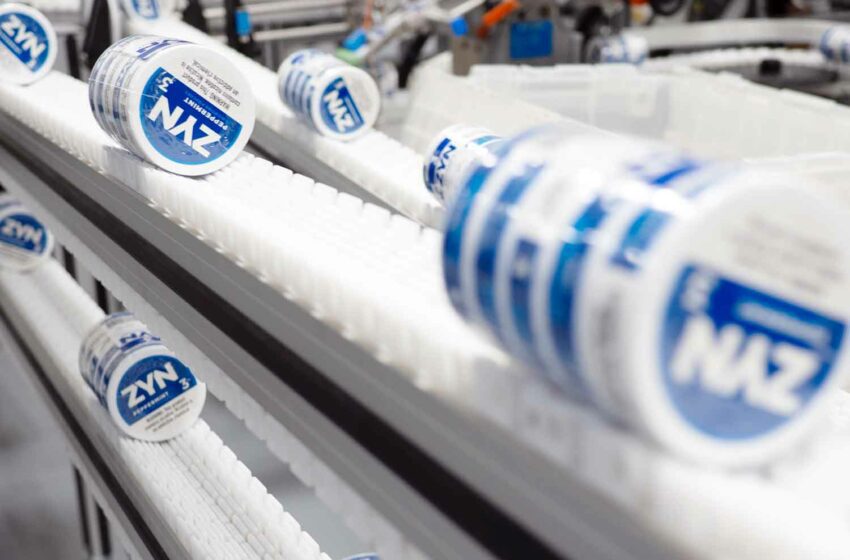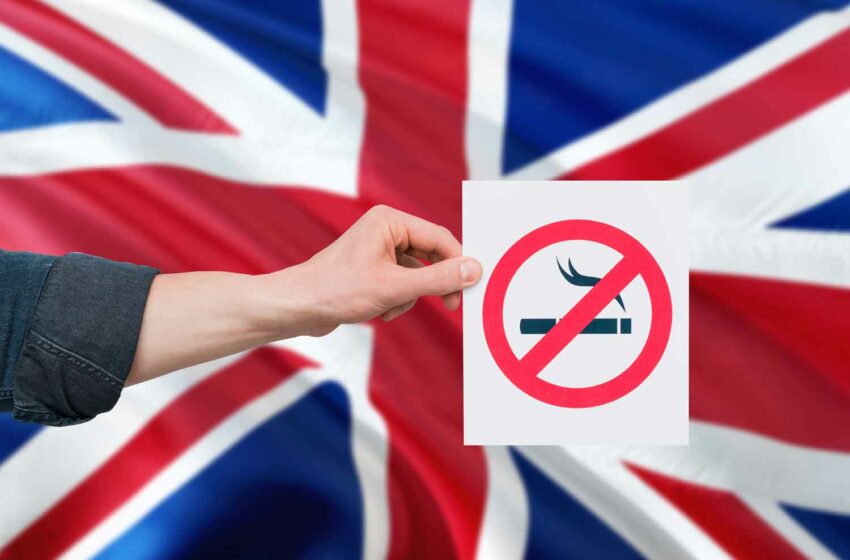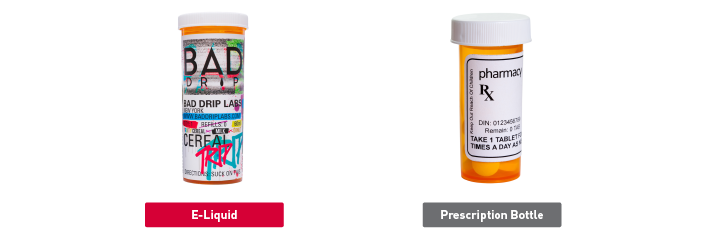
FEELM, a major global atomization company, presented its solutions for achieving sustainable development in the industry during the Global Vape Forum, held during the World Vape Show Dubai 2024 industry event.
REX Zhang, strategy director at Smoore and assistant president at FEELM, told attendees that increasingly stringent global regulations and compliance, youth protection, and environmental protection have become the three major challenges hindering the vaping industry’s sustainable development. He said the challenges are even greater in countries like the UK and France, which are planning to introduce disposable vaping product bans.
Zhang said that stricter global regulations are beneficial for the industry’s development. However, while regulations clarify rules, strict enforcement is crucial to block the circulation of “illegal” products.
“At the same time, focusing on youth protection and environmental protection, vape companies need to create more compliant and legal products through technological innovation and upgraded vaping experiences,” said Zhang. “Collaboration among brands, retailers, and regulators is essential to achieve sustainable development in the industry.”
Building compliance capability is a long-term project. As a publicly traded company, Smoore consistently adheres to legal and regulatory standards and continually enhances its compliance capabilities through increased R&D investment, helping more clients succeed in global markets, according to Zhang. In 2023 alone, he said Smoore invested $1.48 billion in R&D, accounting for 13.3 percent of its annual revenue.
Smoore also has committed to helping its clients’ products obtain to obtain marketing authorization from the U.S. Food and MDrug Administration. Smoore has been instrumental in nearly every vaping product currently authorized by the FDA. Additionally, adhering to the “customer first” business philosophy, Zhang said that FEELM has introduced a series of solutions tailored for several different global markets.

“[We] believe that consumers in the global market are becoming increasingly sophisticated, and the demand in different markets is more diverse. To respond to the urgent demand for environmentally friendly products in the European market, FEELM has launched the next-generation vape pod solution, FEELM PRO [which complies with TPD egulations and] is environmentally friendly,” said Zhang. “This effectively addresses the current issue of disposable ‘use and discard’ products. It is also simpler to assemble than similar products; it bursts power at an instant start and significantly enhances the flavor experience, offering a smooth and rich taste.”
Through technological innovation and the use of eco-friendly materials, FEELM has rapidly improved atomization efficiency and battery efficiency, significantly enhancing the vaping experience while greatly reducing the raw materials required for production, according to Zhang. FEELM has also developed a series of new solutions for non-TPD markets, including the world’s first 30,000 puffs disposable with a four-sided surround screen.
Zhang said FEELM has developed more than eight different child lock solutions to combat youth usage, each meeting the regulatory needs of different markets. “The continuous launch of new solutions results from our long-term investment in technological R&D,” said Zhang. “This is just the beginning.
“We are confident in focusing on innovation in atomization technology and continually introducing sustainable and compliant vape solutions to meet consumers’ ever-evolving demands for excellence and environmental sustainability.”

















 The US Food and Drug Administration has sent warning letters to six online retailers for selling unauthorized e-liquid products from the Bad Drip brand that imitate prescription drug bottles.
The US Food and Drug Administration has sent warning letters to six online retailers for selling unauthorized e-liquid products from the Bad Drip brand that imitate prescription drug bottles.

